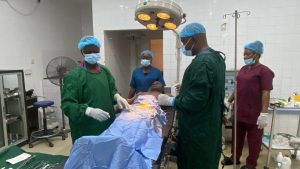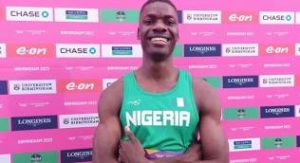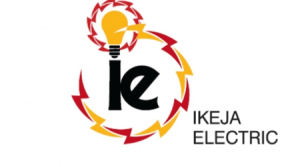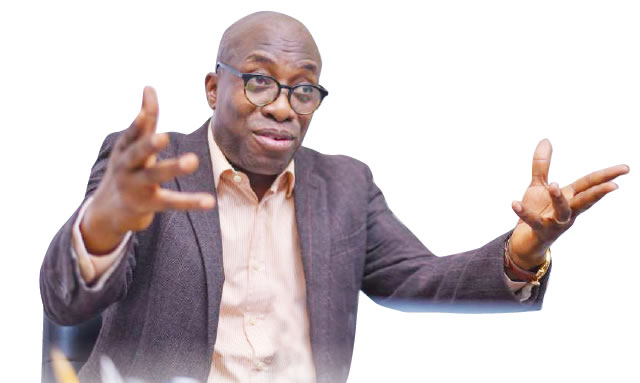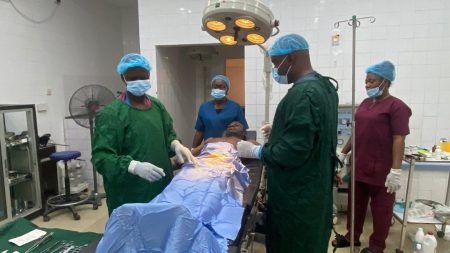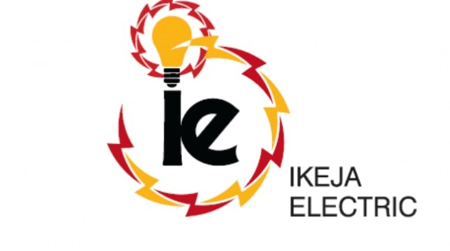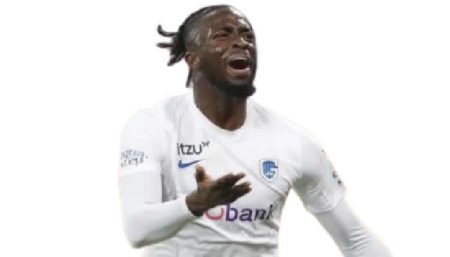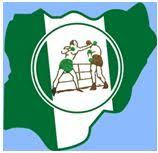Segun Sowunmi, a former spokesman for Atiku Abubakar, the Peoples Democratic Party’s (PDP) presidential candidate in the 2023 Nigerian elections, has articulated his conditions for supporting the incumbent president, Bola Tinubu. Sowunmi’s stance hinges on a principled approach to political allegiance, asserting that he would only support Tinubu if he were to defect from the PDP and join the ruling All Progressives Congress (APC). This declaration signals a potential shift in the Nigerian political landscape, particularly concerning the future alignments of key figures within the opposition. Sowunmi’s comments, made during an appearance on Arise Television’s Prime Time program, underscore his dissatisfaction with the current state of the PDP and hint at a growing disillusionment with the party’s direction.
Sowunmi’s insistence on joining the APC before supporting Tinubu reflects a commitment to transparent political engagement. He rejects the notion of supporting a candidate from a different political party, emphasizing his disdain for what he perceives as political pretense. This principled stance speaks to a broader debate within Nigerian politics about party loyalty and the ethical implications of supporting candidates across party lines. His unwavering commitment to this principle underscores his belief in the importance of ideological consistency and political transparency. Furthermore, it suggests a potential willingness to actively participate in shaping the political landscape by aligning himself with the ruling party if he decides to endorse Tinubu.
Sowunmi’s 28-year tenure within the PDP adds significant weight to his pronouncements. His long-standing involvement in the party provides him with a unique perspective on its evolution and current challenges. By highlighting his extensive experience within the PDP, he implicitly contrasts his commitment with that of other members, suggesting that his criticisms and potential departure are rooted in a deep understanding of the party’s internal dynamics. This long history within the party also implies that his potential departure would represent a significant loss for the PDP, potentially signaling deeper issues within the opposition. His comments about the need for party reform further emphasize his concern about the PDP’s current trajectory.
The potential for Sowunmi’s defection is linked to a confluence of factors. He cites the political climate in his environment, his home state, his tribal affiliations, and his personal aspirations as contributing to his potential decision to leave the PDP. This multifaceted rationale suggests that his considerations extend beyond mere political strategy and encompass a broader assessment of the socio-political landscape. It hints at potential regional and ethnic dimensions influencing his political calculations, highlighting the complex interplay of factors shaping political alignments in Nigeria. These considerations also suggest that his decision will be carefully weighed and based on a comprehensive understanding of the implications for his political future and the broader political context.
Sowunmi’s statement that there is a “very strong possibility” that he might leave the PDP underscores the seriousness of his contemplation. This phrasing suggests that he has given considerable thought to the prospect of switching allegiances and that his decision is not merely a rhetorical maneuver. The qualified language, however, also leaves room for him to remain within the PDP if the party addresses his concerns and demonstrates a commitment to reform. This leaves the door open for potential reconciliation with the PDP, suggesting that his decision is not yet final. The ultimate outcome of his deliberations will likely depend on the evolving political dynamics within both the PDP and the APC.
In summary, Segun Sowunmi’s pronouncements represent a significant development in the Nigerian political landscape. His potential defection from the PDP, coupled with his conditional support for President Tinubu, highlights the fluidity of political alliances in the country. His emphasis on transparency and his long-standing involvement in the PDP add weight to his pronouncements. While his decision remains uncertain, his comments offer valuable insights into the internal dynamics of the opposition and the potential for realignment within the Nigerian political sphere. His future actions will undoubtedly be closely watched by observers of Nigerian politics.


